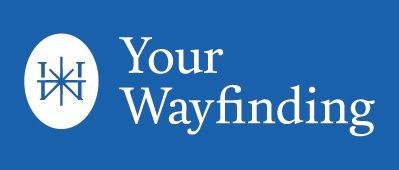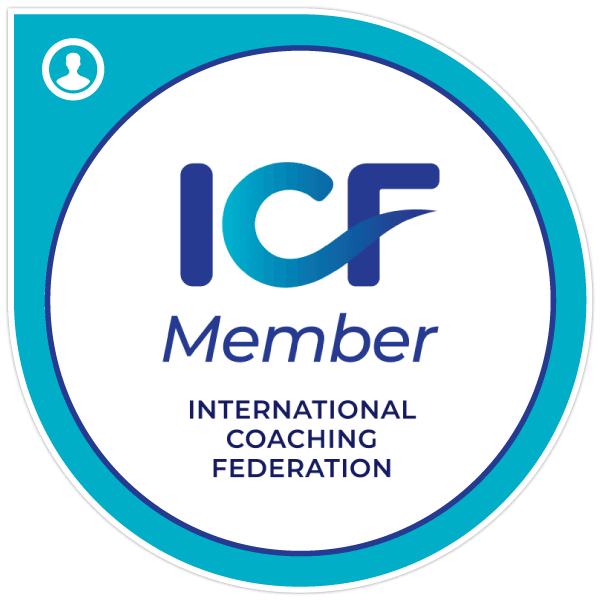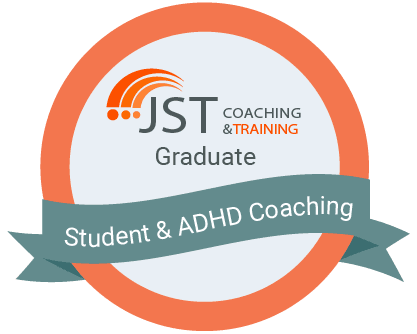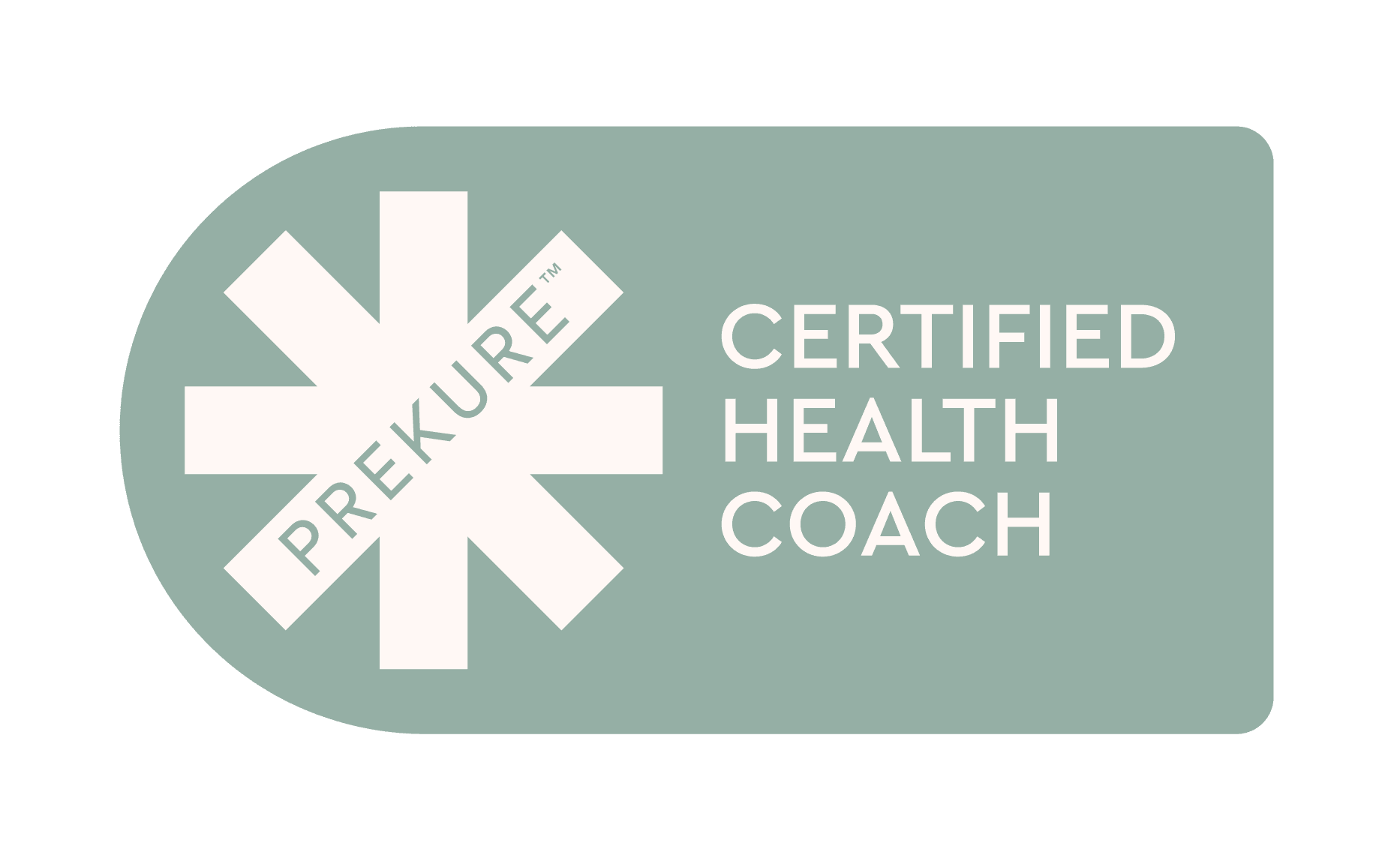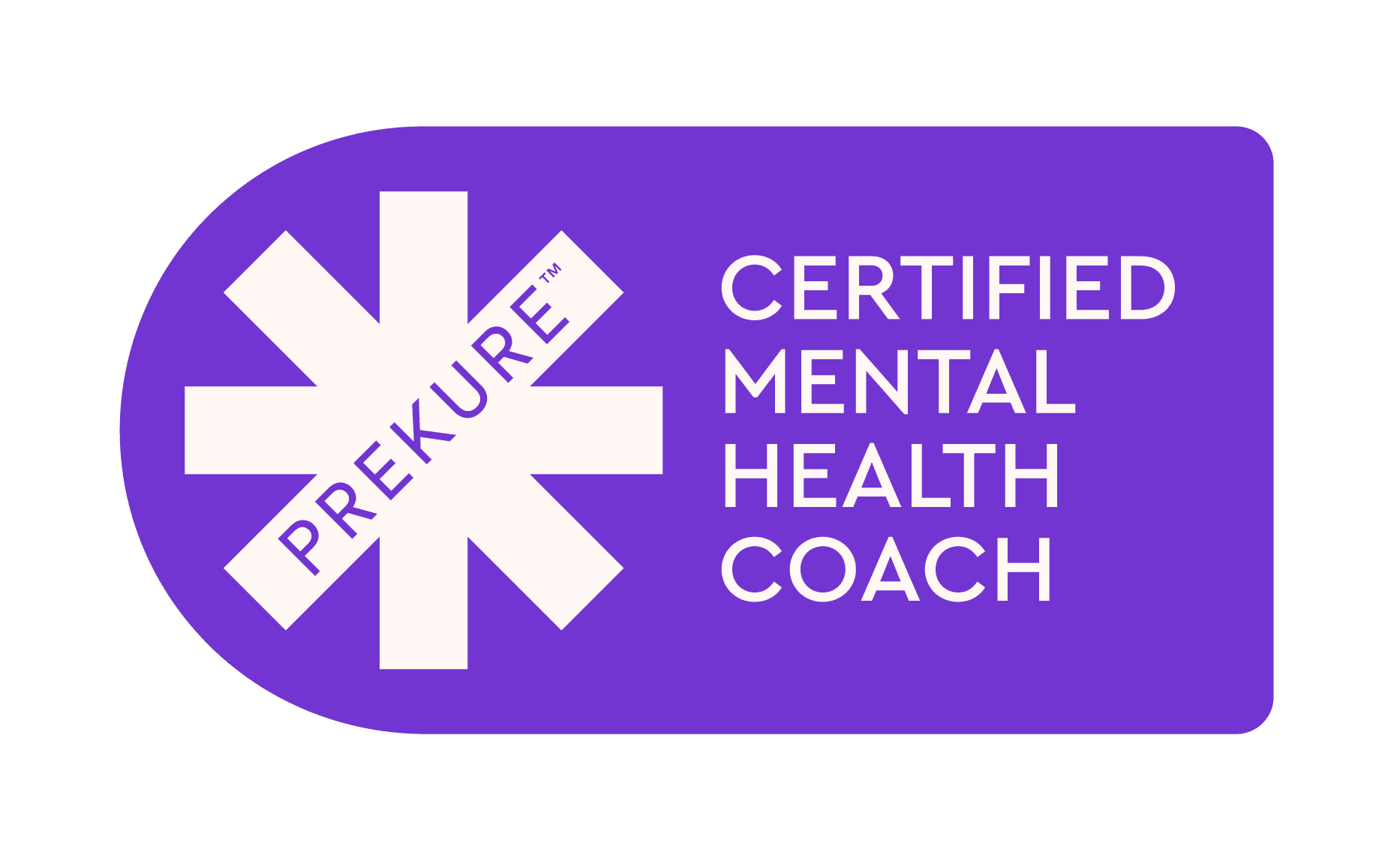Frequently Asked Questions
What is ADHD / Neurodiversity Coaching?
ADHD and neurodiversity coaching is a practical, collaborative process that helps you develop strategies tailored to your brain. It’s not therapy or advice. Instead, it’s a space to reflect on what’s working, identify what’s getting in the way, and experiment with tools to support your goals. This might include support with focus, time management, emotional regulation, self-doubt, or burnout—always with strategies that fit you.
Are You A Qualified Coach?
Yes. I am a trained and accredited coach, drawing on both professional training and life experience.
My training and credentials include:
Graduate Diploma in Psychotherapy — Auckland University of Technology
JST Coaching & Training — specialist ADHD and Students Coaching
PreKure Health & Mental Health Coaching — science-backed training in wellbeing and mental fitness
ICF (International Coaching Federation) — member, aligning with global coaching standards
Health Coaches Australia and New Zealand Association (HCANZA) — member
VIA Character Strengths Interventions - MentorCoach Training Program
ACT for ADHD — Russ Harris
I also bring experience as a lawyer, actor, cancer survivor, and parent. These diverse perspectives shape the way I coach: practical, creative, compassionate, and grounded in real-life challenges and resilience.
This blend of accredited training and experience allows me to meet clients with both knowledge and empathy, supporting them to find approaches that truly fit their lives.
Is ADHD Coaching Recognised in New Zealand?
Yes. ADHD coaching is recognised as an option within the New Zealand ADHD Clinical Principles Framework for supporting adults with ADHD, alongside lifestyle and wellbeing approaches. This reflects the growing evidence that coaching can be a valuable tool for managing daily challenges and building sustainable change.
Do You Specialise In Any Particular Areas?
Yes, I specialise in ADHD coaching, giftedness and twice-exceptional (2E) brains. However, I believe that all brains are unique and we are all neurocomplex. At different times, expecially uder stress, certain traits may come to the fore. That's why I always coach the person in front of me, not just a label or diagnosis.
Can Coaching Help with Anxiety or Burnout?
Yes. While coaching is not a replacement for therapy, it can be very effective in helping you understand and manage the stressors that contribute to anxiety and burnout. Coaching provides space to reflect, explore sustainable strategies, and strengthen self-compassion so that you can recover energy, focus, and balance.
Do You Offer Professional / Executive / Leadership Coaching?
Yes. Alongside ADHD and neurodiversity coaching, I also work with professionals navigating demanding roles, stress, and burnout. My background as a lawyer and my experience working in senior positions in financial services mean I understand the pressures of corporate environments, heavy workloads, and leadership challenges.
Professional coaching provides a confidential space to step back, reset priorities, and strengthen both performance and wellbeing. Together, we can explore strategies to improve focus, manage energy, and build resilience in a way that supports both your career and your life outside of work.
What Can I Expect in a Session?
Sessions usually combine reflection, exploration, and supportive accountability. We might look at what’s blocking you, explore information about how neurodivergent brains work, and experiment with strategies that fit your wiring. Over time, you’ll build a flexible toolbox you can return to as life changes.
How Long Does Coaching Last?
There is no fixed length. Many people begin with the Wayfinding Path (10 sessions) and then continue with ongoing coaching for accountability, momentum, and deeper support.
How Is Coaching Different from Therapy?
Therapy often looks to the past to support healing. Coaching is more focused on where you are now and where you want to go. While emotions may come up in coaching, the aim is to move forward with awareness, clarity, and tools that fit your life.
Do Sessions Happen Online?
Yes. Coaching is delivered online, so it’s accessible across New Zealand and worldwide.
When is the right time for coaching?
Too often we feel like we have to do everything ourselves — that asking for support means we’re weak.
But humans have always needed humans. It’s how we gain perspective, learn, and grow.
The top performers in every field — from sport to business — know this. Most of them have coaches.
Coaching isn’t weakness. It’s simply how we lean into our humanity to grow.
Coaching can be helpful any time you want space to reflect, reset, or move forward with intention.
When to Come to Coaching: Finding Your Turning Point
You don’t have to wait for a crisis or diagnosis to reach out.
Many people come to coaching when they notice life feeling heavier, busier, or less balanced — or when they want to understand themselves better and make lasting, realistic change.
Sometimes people just want a wingwoman — someone beside them who helps make sense of things, stay accountable, and find practical ways forward that actually fit them.
See below for some of the moments when people often decide it’s time to start.
Energy & Everyday Functioning — Why am I always tired or struggling to sleep?
You might be sleeping poorly, running on caffeine, or eating just to get through the day — or realising at night you barely ate at all.
Maybe you forget you’re hungry or tired until you crash.
Perhaps certain foods, textures, or sounds make things harder, or your energy peaks at night when the world expects you to wind down.
Coaching with Your Wayfinding can help you tune into those signals and build practical routines for rest, nourishment, and focus that actually work for your system — not someone else’s idea of balance.
Procrastination & Focus - Why can't I get started or stay on track?
You might find yourself putting things off until the last minute, jumping between tasks, or losing focus halfway through.
It’s not laziness — it’s often about executive functioning, the mental skills that help you plan, organise, and follow through.
When these skills are under strain, everyday tasks can feel bigger than they should.
Coaching with Your Wayfinding can help you understand what’s really happening beneath procrastination and build systems that work for your brain — not against it.
Together, we can find tools for planning, prioritising, and focus, so you can stop the endless cycle of “I should be doing more” and start feeling more in control.
When It Feels Like Too Much — And Never Enough
Maybe you’ve been holding a lot together — keeping up, pushing through, doing what needs to be done. But lately, it’s harder to find your rhythm.
You might be doing all the same things — working harder, staying later, showing up for everyone — and still feel like it’s not quite enough.
The thought of slowing down can feel risky, and the fear of falling short, unbearable.
It’s not weakness, and it’s not just stress. It might be your mind and body’s way of saying that something needs to change.
Coaching with Your Wayfinding offers space to untangle what’s happening beneath the overwhelm — the expectations, pressures, and old patterns that once helped you cope but now leave you stuck.
Together, we explore ways to protect your energy and self-worth, so you can move forward with steadiness, not survival.
Relationships & Connection — Why do I find connecting with people so draining?
Sometimes it’s not the workload — it’s the people load.
You might feel unseen or misread at work, at home, or in friendships — like you’re always the one adapting to keep the peace, managing others’ emotions, or trying to fit into spaces that don’t quite fit you.
It can be draining to mask frustration, soften your words, or second-guess how you’re coming across.
When connection takes so much effort, it’s easy to lose sight of you.
Coaching with Your Wayfinding can help you understand your patterns in relationships, express your needs with confidence, and create connections that feel mutual and real — where you don’t have to shrink, over-explain, or apologise for how you are.
Boundaries & Identity - How do I stop people-pleasing and say no?
Maybe you notice yourself saying yes when you’d rather say no, or feeling guilty when you finally rest.
It can be hard to step back when so much of your identity has been built around being capable, helpful, or dependable.
Sometimes it’s not about time management at all — it’s about fear.
Fear of letting people down, missing out, losing opportunities, or being seen as less committed.
Coaching helps you look at what sits underneath those patterns — the beliefs and pressures that keep you pushing past your limits.
Together, we find ways to set boundaries that feel genuine and sustainable, so you can care for others without losing care for yourself.
Transitions & Big Questions — What's next for me?
Change looks different at every age.
You might be finishing school or uni and feeling unsure what comes next — trying to balance freedom with pressure, expectation with uncertainty.
Or maybe you’re in a new job, a new phase of parenting, or a midlife shift that’s stirred up questions you thought were settled.
Sometimes the old ways of coping or defining success stop making sense, but the new ones aren’t clear yet.
You might feel restless, lost, or simply ready for something that fits you better.
Coaching with Your Wayfinding offers space to pause and make sense of what’s changing.
Together, we explore what still fits, what’s evolving, and what might come next — helping you move forward with clarity, confidence, and trust in your own direction.
